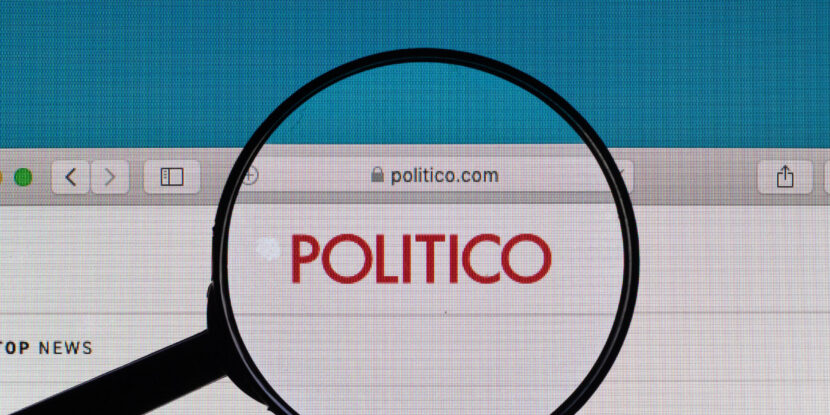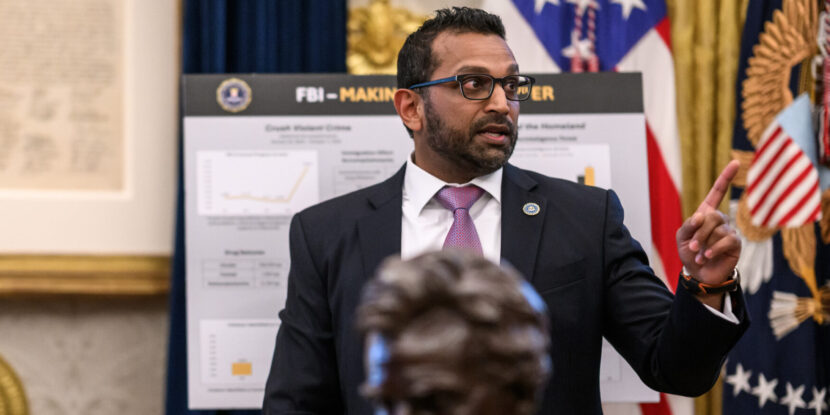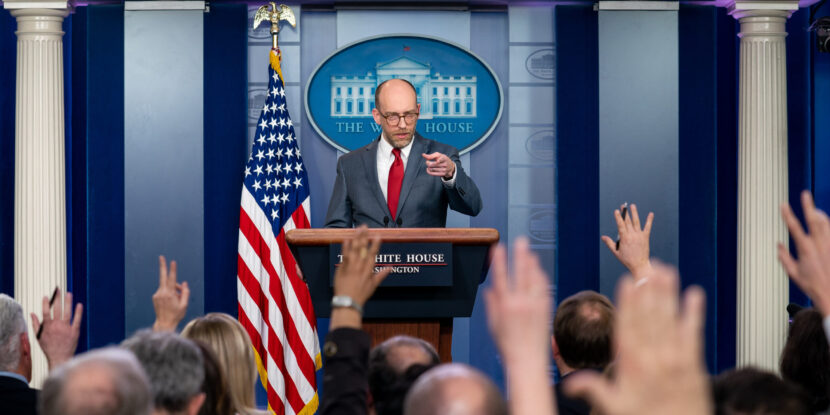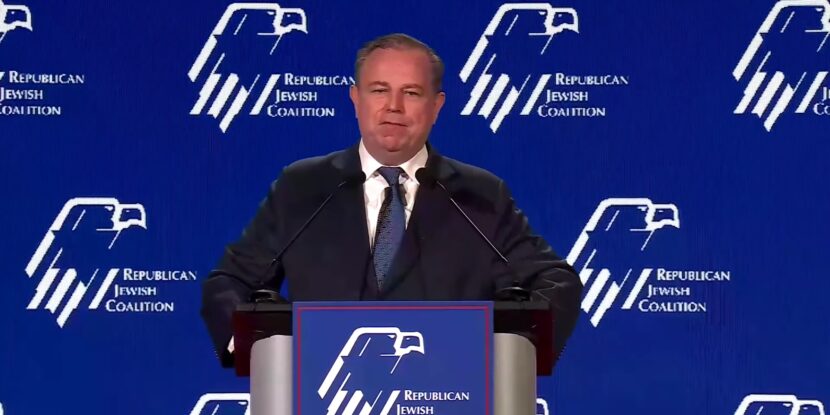A technology mogul based in Spain, who sits on the board of the German company that owns the American media outlet POLITICO, publicly admits that he is using his position to influence the corporate news outlet’s reporting to align with his personal political views.
Martín Varsavsky, an entrepreneur and philanthropist born in Argentina, wrote in a post on X (formerly Twitter) that POLITICO‘s recent coverage of Israeli airstrikes is not pro-Israel enough and that he will use his influence on the board of the American outlet’s German parent company Axel Springer to rectify the coverage.
“I am on the board of Axel Springer that owns Político. I consider this article one sided Hamas support,” Varsavsky said of one report, adding: “It fails to mention that the airstrikes were aimed at eliminating top Hamas military and thar [sic] Israel was successful at doing so. It also quotes casualty figures given by Hamas that are not believed to be accurate.”
When asked by an X user what he would do about POLITICO‘s story and coverage, Varsavsky replied: “working on it.”
I am on the board of Axel Springer that owns Político. I consider this article one sided Hamas support. It fails to mention that the airstrikes were aimed at eliminating top Hamas military and thar Israel was successful at doing so. It also quotes casualty figures given by Hamas… https://t.co/TDWcfCaHYQ
— Martin Varsavsky (@martinvars) March 18, 2025
FOREIGN INFLUENCE?
While political bias continues to be a concerning problem in American media, Varsavsky’s post also raises questions regarding independence from foreign influence. Axel Springer SE is a German technology and media company headquartered in Berlin that owns POLITICO and Business Insider, both U.S.-based media outlets. The National Pulse has previously reported on the problem of POLITICO‘s coverage being influenced by corporate advertisers, including Big Pharma.
Under prior U.S. presidential administrations, POLITICO received millions of dollars from the U.S. federal government, including for news subscriptions and secondary services such as databases, newswire services, marketing tools, and media monitoring. This raises concerns regarding the outlet as a potential vector of undue foreign influence.
Further complicating matters, Varsavsky is scrutinizing coverage that is not original POLITICO reporting but a wire story published by the Associated Press.




















